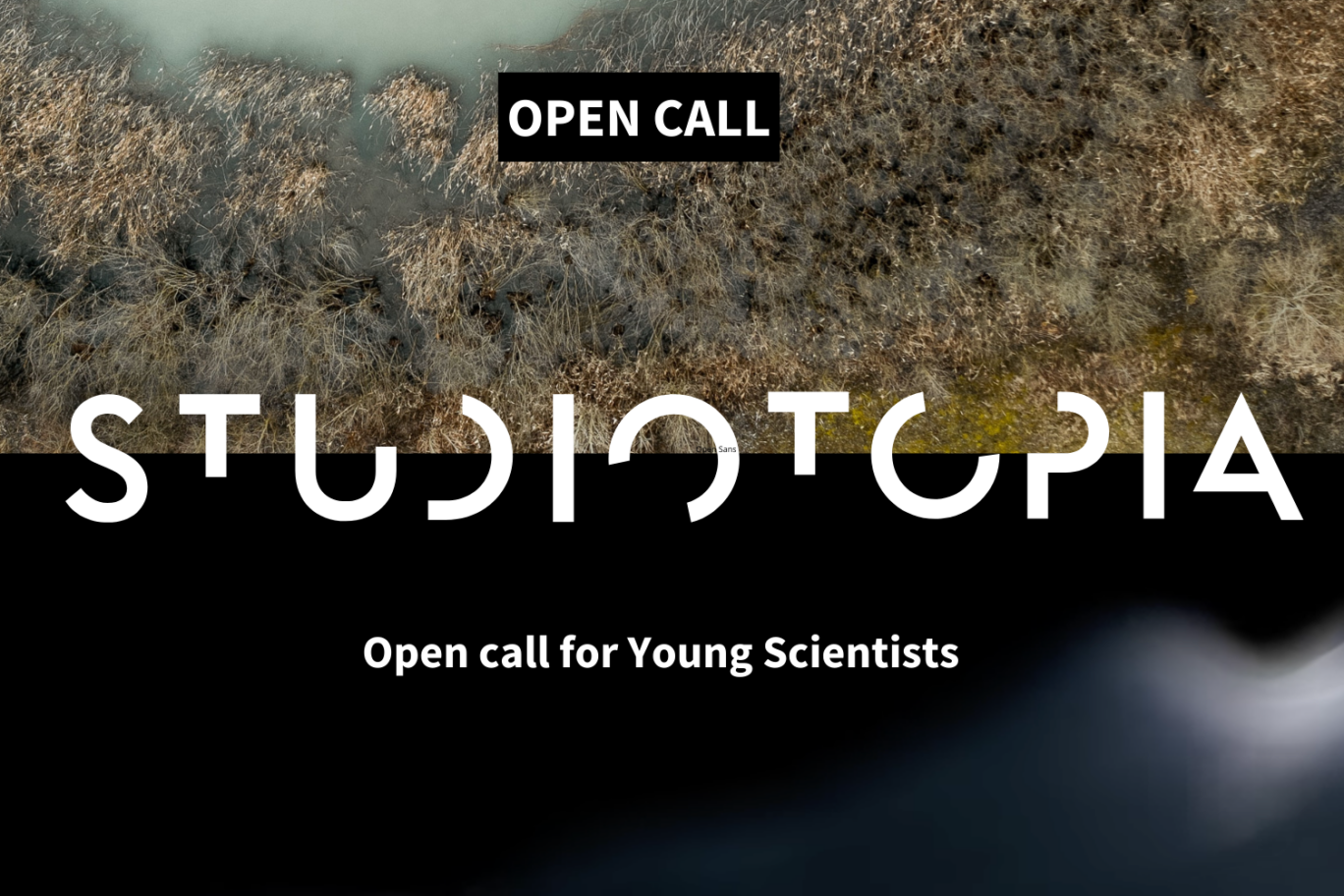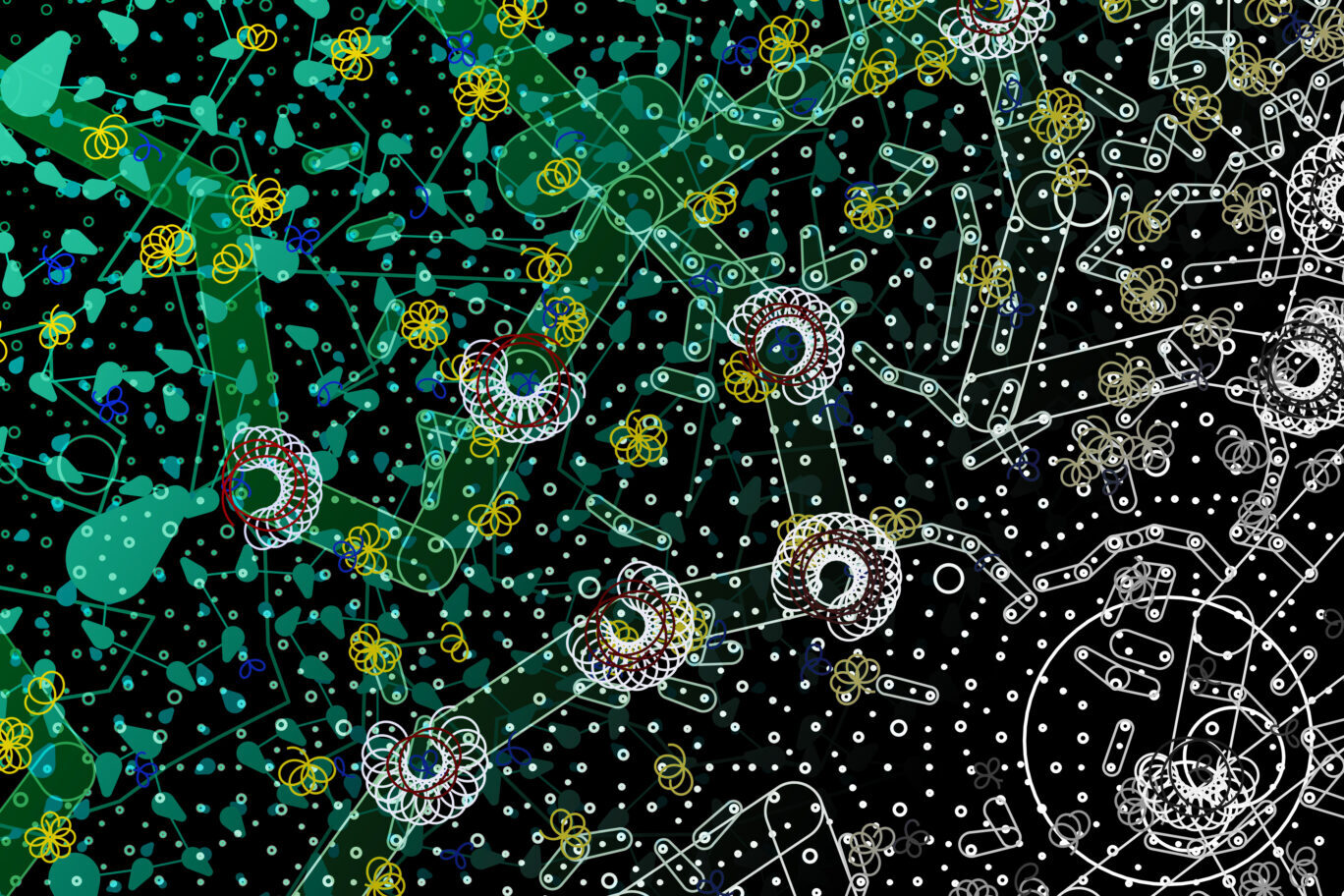This project will explore the relationship between color, the spectrum of light, and space through biological models of animal vision, computer science, and visual art. Through this, we seek to raise awareness about the consequences of light pollution, inspiring a more conscientious approach to environmental illumination that acknowledges the impact of artificial light on biodiversity.
Keywords: inter-species vision, animal vision, color vision, sensory processing, light spectrum, color, painting, AI generated landscapes
Technologies: computer vision, AI, LED light
Related innovation areas: environmental biology, artificial lighting design, computational modeling, color science
Challenge Description
Adrien Lucca seeks to push the boundaries of how we understand the perception of color, light, and space by exploring the world through the lens of animal vision. Moving beyond anthropocentric viewpoints and embracing biodiversity, this project merges biology with advanced AI tools to reimagine how we perceive and interpret the complexity of our environment. By integrating insights from computer science, color science, and biology, the project aims to unravel unique aspects of color vision in various species—such as sensitivity to specific wavelengths, perception of colors unique to particular environments, and specific interpretations of space and form. These insights will inform art installations that challenge the limitations of human vision, prompting viewers to question the broader implications of how we perceive the world.
In a world increasingly dominated by artificial light tailored for human eyes, the impact of such illumination on biodiversity remains poorly understood. Lucca’s research into different light spectra and their effects on color perception underscores the need for a more conscientious approach to environmental lighting. The project aspires to foster a deeper appreciation for the visual experiences of other species and inspire environmentally sensitive lighting practices informed by cutting-edge biological vision models.
Challenge characteristics
We are offering a young scientist to collaborate with artist Adrien Lucca who has a unique track record of interdisciplinary experimentation and production with aspects of color, pigment, glass and interactions between natural, artificial light and inter-species vision. Computer scientists or biologists using computer science to explore visual perception are particularly welcomed to apply, but we are open to all applications including the humanities that are relevant to the project.
The residency is facilitated by GLUON in close collaboration with the Museum of Natural Science in Brussels. There is hence the possibility to collaborate with some of their 250 affiliated researchers and investigate some of the 38 million specimens of their many collections.
We hope that the selected scientist will be able to make themselves available for at least 6 intermittent meetings, of which at least 1 in person meeting. Availability for working together in person at the studio of the artist and/or the scientist lab is desired. The collaboration will contribute to Adrien Lucca’s ongoing creation of various artworks and installations, which will be showcased at the Museum of Natural Sciences in Brussels at two different times: during the first quarter and at the conclusion of the residency.
About the artist
Since 2009, Adrien Lucca develops a multidisciplinary body of work around color and light that questions our perception of the physical world. In search of practical means of action to set up aesthetic experiences, he has set up a research and production laboratory where he conceives his works in an autonomous way at the intersection of art and science. In contrast to the trend of normalizing and technicizing our relationship with the physical world, Lucca believes that by harnessing scientific and technological resources, we can illuminate the strangeness of the connection between the physical world and our perception of it.His most recent work aims at redefining the very concept of “color”. Adrien Lucca (born in 1983 in Paris) lives and works in Brussels, Belgium.
Local Challenge Committee: Anne Desmettre, Stefan Kerkhof, Wouter Deconinck
Additional information
Jury day will take place between 15-20 November (exact date TBC)
Resources
- Artificial nighttime lighting impacts visual ecology links between flowers, pollinators and predators
- A model of colour appearance based on efficient coding of natural images
- Quantitative Colour Pattern Analysis (QCPA): A comprehensive framework for the analysis of colour patterns in nature
- MICA toolbox
- Deep learning and computer vision will transform entomology

